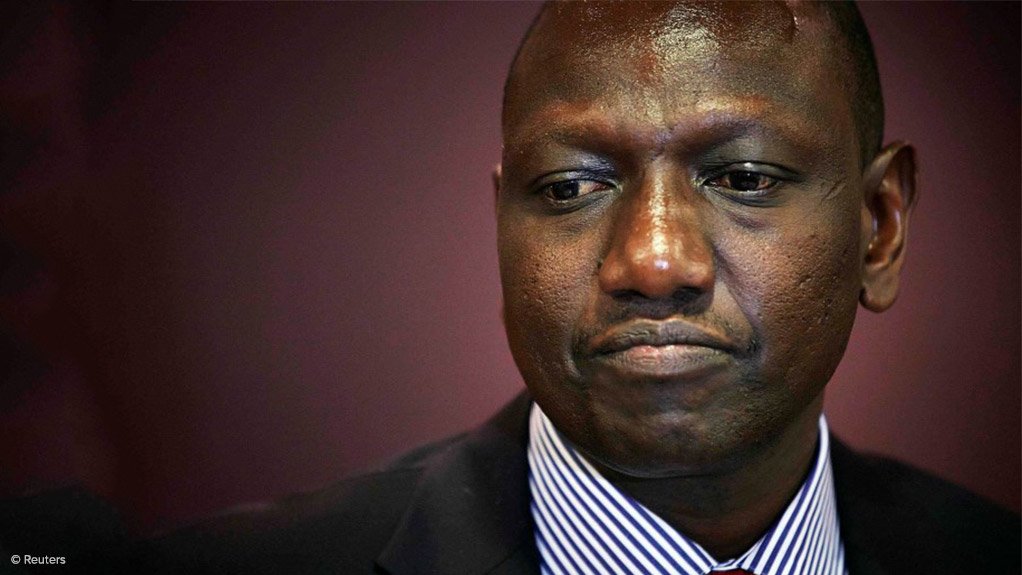Kenyan President William Ruto signed a power-sharing agreement with opposition leader Raila Odinga on Friday, months after deadly anti-government protests shook the nation.
The political pact will see the president and his former rival — who lost the 2022 elections — work together “to ease the prevailing tensions in the country, reconcile the population,” Odinga said at the event in Nairobi.
While the two steered clear of how they will share power, they promised a bipartisan report that recommends establishing the post of prime minister. Analysts said the pact could help consolidate Ruto’s power ahead of elections in 2027.
Face Challenges
The accord is meant “to bring Kenyans together so that we can deal with our challenges,” Ruto said during the signing. Top priorities include creating jobs for the youth, lowering the cost of living, fighting corruption and fiscal prudence, the president said.
Odinga, who has run for president five times and lost, returned to domestic politics after failing to clinch the position of African Union Commission chairman last month.
The deal will strengthen Ruto’s control after the youth-led street marches last year against higher taxes and government wastage turned into calls for him to step down. More than 60 people were killed during the protests and scores remain missing.
To placate demonstrators, Ruto scrapped the planned taxes, fired all but one of his cabinet ministers and announced a string of measures to tackle pilferage and graft. He also tapped five Odinga allies and named them ministers under a so-called government of national unity.
Voting Bloc
Friday’s move allies Ruto with another voting bloc ahead of the elections after he fell out with his deputy Rigathi Gachagua, who was impeached last year, weakening Ruto’s support from the populous Mount Kenya region.
Though there will be trade-offs, with Ruto possibly alienating some of the smaller parties in the ruling coalition, Odinga’s “loyal voter base in the Nyanza region will be a net positive for Ruto’s presidential campaign,” said Connor Vasey at London-based advisory firm J.S. Held.
Another “possible outcome of this arrangement would be policy coherence — especially around tax — as the positions of Ruto’s own party are increasingly challenged in government,” he said. “Whether this contributes to more strained conversations with international financiers and market players will be key to monitor.”
Kenya is at high risk of debt distress and badly plagued by corruption. It is currently in talks with the International Monetary Fund for a new program as the country’s current $3.6-billion arrangement ends on April 1.
It recently issued a $1.5-billion eurobond to manage state debt by swapping out of shorter-dated securities and repaying syndicated loans.
EMAIL THIS ARTICLE SAVE THIS ARTICLE FEEDBACK
To subscribe email subscriptions@creamermedia.co.za or click here
To advertise email advertising@creamermedia.co.za or click here











